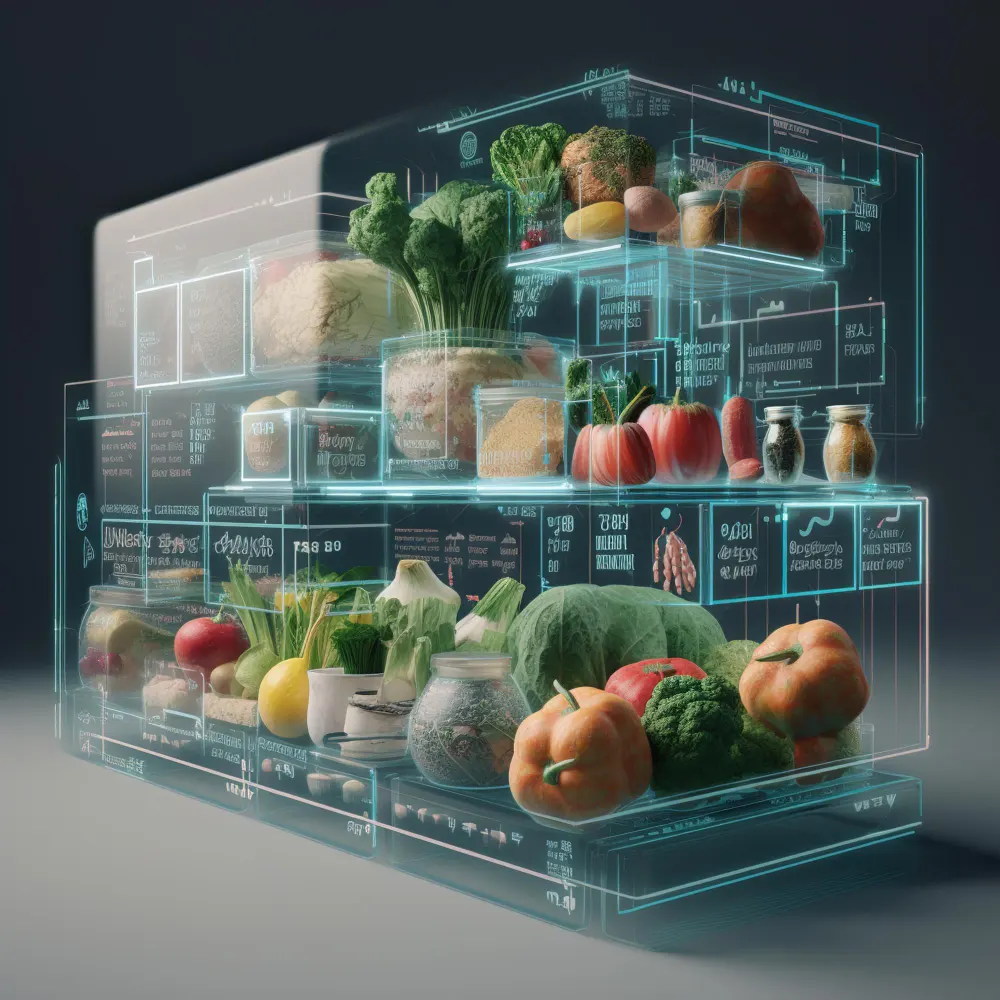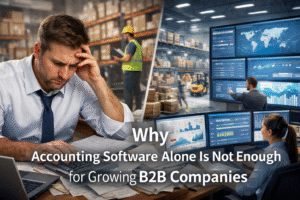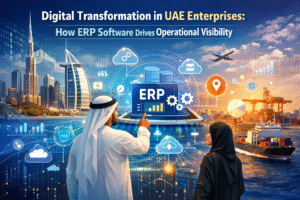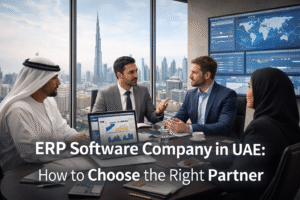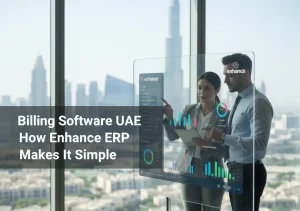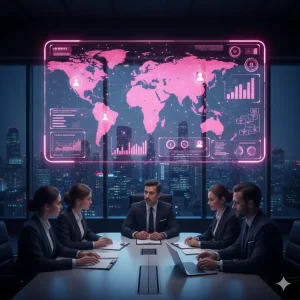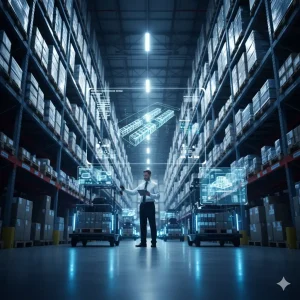How to Future-Proof Your FMCG Business with a Modern ERP System
The fast-moving consumer goods (FMCG) industry is defined by constant change. Consumer preferences can shift overnight, supply chains are more fragile than ever, and new digital channels are reshaping how products are bought and sold. In such a dynamic environment, relying on outdated systems is a direct path to obsolescence. For ambitious companies, the goal is not just to survive, but to build a resilient and agile business model that can anticipate and adapt to future challenges. This is where a modern ERP system becomes your most powerful tool to future-proof your FMCG business.
An advanced ERP is far more than a simple accounting or inventory tool. It is a strategic platform that integrates every function of your enterprise, providing the visibility, intelligence, and flexibility you need to stay ahead of the curve. By serving as the central nervous system for your operations, a well-implemented ERP ensures that you are prepared for whatever the future holds, from global disruptions to rapid market shifts. Here are five essential ways a powerful ERP system can build a resilient foundation for your FMCG business.
1. Build a Resilient Supply Chain to Future-Proof Your FMCG Business
Recent years have shown us that a fragile supply chain is the single greatest risk to an FMCG business. An ERP system future-proofs your operations by providing unparalleled visibility and control. It acts as a single source of truth for all supply chain data, from raw materials to finished goods. This level of transparency allows you to identify potential bottlenecks and risks before they escalate.
A modern ERP can track supplier performance, manage multi-level bills of materials, and provide real-time updates on goods in transit. By automating purchase orders and supplier communications, it ensures that your supply chain remains efficient even under pressure. This resilience is not just about avoiding problems; it’s about building a robust network that can adapt to geopolitical events, logistical crises, or sudden changes in demand, ensuring your products are always on the shelf.
2. Leverage Data-Driven Agility to Future-Proof Your FMCG Business
Consumer behavior in the FMCG space is notoriously fickle. What’s trending today might be forgotten tomorrow. To future-proof your FMCG business, you must be able to adapt quickly. An ERP system with integrated business intelligence is the key to this agility. It collects and analyzes data from every sales channel, including your retail outlets and your POS system, providing a holistic view of what your customers are buying, where they are buying it, and when.
This data goes beyond simple sales reports. An ERP can use machine learning and AI to identify subtle shifts in consumer preferences, helping you to make informed decisions about product development, marketing campaigns, and promotions. By giving you a clear, data-backed understanding of market dynamics, an ERP empowers you to launch new products, adjust your strategy, and capture new opportunities faster than your competitors.
3. Master Inventory Management to Future-Proof Your FMCG Business
The high-volume nature of the FMCG industry makes inventory management a perpetual challenge. A modern ERP system is essential for this task, automating and optimizing what would otherwise be a monumental logistical effort. It goes beyond simple stock tracking to implement sophisticated strategies that prevent both costly overstocking and damaging stockouts.
The system uses real-time data to provide automated alerts for low stock levels and can even trigger reorder actions based on predefined rules. This ensures that you have the right products in the right quantities at the right time. For perishable goods, an ERP utilizes systems like First-Expired, First-Out (FEFO), automatically prioritizing products that are nearing their expiration date. This minimizes waste and maximizes your profitability, ensuring your inventory is a strategic asset, not a liability.
4. Embrace Omnichannel Integration to Future-Proof Your FMCG Business
Today’s consumers expect a seamless shopping experience, whether they are in a physical store, on your website, or on a third-party marketplace. To future-proof your FMCG business, your ERP must be able to connect and manage all of these channels from a single platform. An ERP with robust omnichannel capabilities synchronizes inventory, orders, and customer data across every touchpoint.
This integration ensures that a customer’s experience is consistent, no matter how they choose to buy. If a customer buys a product online, the ERP instantly updates the inventory, ensuring a physical store doesn’t sell an item that’s no longer available. This streamlined approach not only prevents lost sales but also provides a unified view of your customer base, allowing for a more personalized and effective marketing strategy.
5. Ensure Compliance to Future-Proof Your FMCG Busines
The FMCG industry is subject to ever-increasing regulatory scrutiny, from food safety standards to ethical sourcing guidelines. An ERP system provides the necessary tools to navigate this complex landscape. By centralizing all critical data from product ingredients and batch numbers to supplier certifications an ERP creates a transparent and auditable record.
This means you are always prepared for an inspection and can provide a complete audit trail for any product in your catalog. By having this structured data in place, your business is not only compliant with today’s regulations but is also better equipped to quickly adapt to any new standards that may be introduced in the future. This proactive approach to compliance protects your brand’s reputation and ensures its long-term viability in a global market.
Conclusion
In the volatile world of FMCG, a business that stands still risks becoming obsolete. Future-proofing is about building a foundation of resilience, agility, and intelligence. A modern ERP system is the engine that drives this transformation, providing the tools to manage complex supply chains, understand shifting consumer demands, optimize inventory, and ensure unwavering compliance. By investing in this technology, you are not just solving today’s problems; you are building a business that is ready to face the challenges and capitalize on the opportunities of tomorrow.
Explore more insights on our LinkedIn page.

